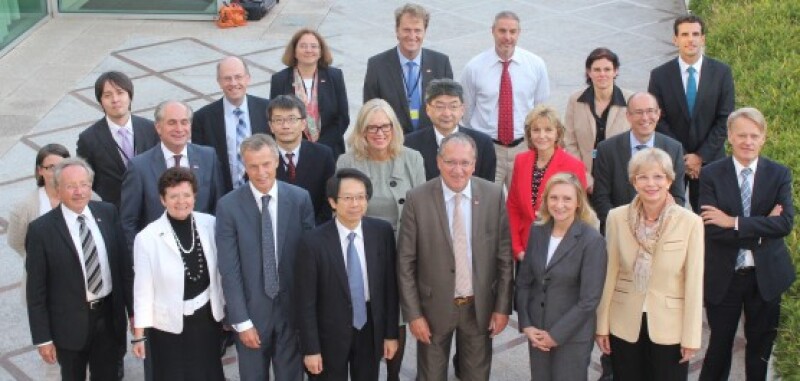
That Act gave the United States a first-to-file patent system, which for most international patent owners and applicants was a welcome step towards international harmonisation.
Many US practitioners, including then-USPTO Director David Kappos, expressed the view then that it was now Europe’s turn to reform, by reconsidering the introduction of a US-style grace period.
However, there has long been resistance to change in Europe, and the grace period remains one area where national laws diverge greatly: most (but not all) European states do not have one; countries such as Japan and Russia have a six-month period; while the United States, Australia, Canada and others have a 12-month period (see this helpful guide by UK patent attorney firm Mewburn Ellis for more detail).
Last year, though, that resistance seemed to be softening. At its ExCo meeting in Helsinki, the AIPPI (which has a strong representation from Europe) passed a resolution favouring the establishment of a 12-month grace period covering “any disclosure to the public by means of a written or oral description, by use, or in any other way” made by the inventor or a third party.
This year, in Toronto, a further resolution was passed on prior user rights.

Meanwhile, the Tegernsee group (comprising representatives of Denmark, France, Germany, Japan, the UK, US and EPO) identified the grace period and prior user rights as areas for harmonisation at their first meeting in July 2011.
In a report published earlier this year, the group (pictured left) noted that while Japanese and US users favour the grace period, it remains controversial in Europe: one survey saw respondents almost equally split for and against a grace period, while in Germany 61.5% were against. Moreover, the report noted that “there are divergences in the understanding of the role, systemic importance and optimal scope of the grace period, across the three regions”.
The report concludes this work cycle, but the so-called B+ group of countries – led by UK IPO chief executive John Alty – will continue to work on the issue. The question is: is it a priority for patent applicants and owners or not?
"There are divergences in the understanding of the role, systemic importance and optimal scope of the grace period."
I know some organisations, such as universities, are strongly in favour, even in countries that do not have a grace period at present (see this study by Science Business). Others would like harmonisation, but can’t agree on the details. Others oppose any change at all.
It seems like this is an issue where there is little incentive for governments to act, unless urged to do so by those affected in industry. If patent applicants and owners really want harmonisation, they need to make their voices heard – otherwise the issue is likely to slip into the background again.









